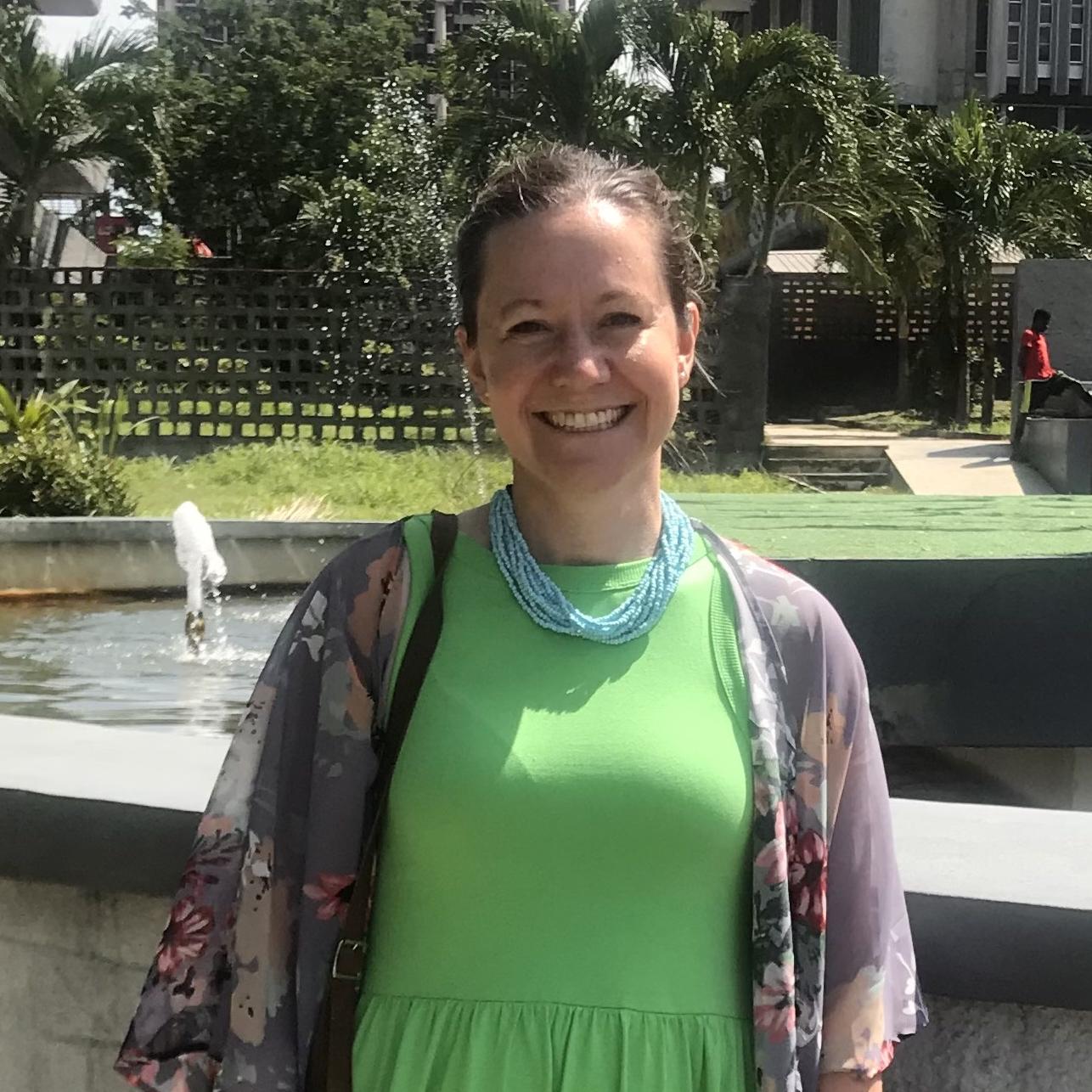Dr Bronwen Everill

PhD King's College London; MSt Oxford; AB Harvard
I'm broadly interested in comparative economic cultures and in telling histories of the economy in different ways. My research and publications have looked at the global history of humanitarianism and its relationship to political and economic liberalism; anti-slavery colonization; and the business history of abolition. I am particularly interested in examining these topics in the ways that they connect West African, US, and British imperial political, economic, and cultural history from the eighteenth century through the twentieth.
I've taught courses at the graduate level on the African Atlantic, and on Memoir as a historical genre. At the undergraduate level, I teach the first year outlines The Twentieth Century World (O11) and North American History (O9), and the British World (T12). I supervise PhD students in material culture, Atlantic slavery and abolition, and African economic history. I am not currently accepting new PhD students.
Contact
Tags & Themes
8 Finella
Office Phone: 01223335449
Key Publications
Books:
Not Made By Slaves: Ethical Capitalism in the Age of Abolition (Harvard University Press, 2020)
see details on the Faculty bookshelf
Articles and Chapters:
“Profiting from Slavery and Emancipation: Compensation, Capital, and Collateral in Nineteenth-Century Senegal,” Business History Review, 2023
"Humanitarian priorities and West African agency in the British Empire" in J.Damousi, T.Burnard and A.Lester, eds. Humanitarianism, Empire, and Transnationalism, 1760-1995 (Manchester, 2022)
"Goods from the Sea Countries: Material Cosmopolitanism in Atlantic West Africa" in F.Gottman, ed., Commercial Cosmopolitanism?
Cross-Cultural Objects, Spaces, and Institutions in the Early Modern World (Routledge, 2021)
with Laura Channing, "On the Freetown Waterfront: Household Income and Informal Wage Labour in a Nineteenth Century Port City" African Economic History Network Working Papers Series, No. 58/2020
“For the services of shipwrights, coopers, and grumettas”: Freetown’s ship repair cluster in nineteenth-century Sierra Leone” History of Science (2020)
"Experiments in Colonial Citizenship in Sierra Leone and Liberia," in B.Tomek and M.Hetrick, eds. Reconsiderations and Redirections in the Study of African Colonization (University Press of Florida, 2017)
"The Evolution of Economic Interventions and the Violence of International Accountability over the longue durée," in A.Warren and D.Grenfell, eds. Rethinking Humanitarian Intervention in the Twenty-first Century (Edinburgh University Press, 2017)
"Material culture and Sierra Leone's civilising mission in the nineteenth century" in B.Crosbie and M.Hampton, eds. The Cultural Construction of the British World (Manchester University Press, 2015)
“‘The Colony has made no progress in Agriculture’: Contested Perceptions of Agriculture in the Colonies of Sierra Leone and Liberia,” in R.Law, S.Strickrodt, and S.Schwarz, eds. Commercial Agriculture as an Alternative to the Slave Trade (James Curry/Ohio University Press, 2013).
Other Publications
Humanitarianism in Africa. Oxford Research Encyclopedia, African History, 2020.
Saint Louis, Senegal. Oxford Bibliography of Atlantic History. 2019.
Abolitionism and Africa. Oxford Bibliography of Atlantic History. 2016
Other articles
Contributor at Foreign Policy
A Layman's Political Economy of Ethical Capitalism Age of Revolutions
An Atlantic of Abolitionists The Panorama
Shopping for Racial Justice, Then and Now Harvard University Press Blog
Teaching US History with Liberia The Panorama
Ethical Consumers in West Africa Centre for Contemporary African History
Fashion Rules in the African Atlantic The Junto
Demarginalizing West Africa in the Age of Revolutions Age of Revolutions
Podcasts and Interviews
History Extra Podcast: The Battle over the Benin Bronzes
Thoughtlines: We Are What We Buy
Talking History with Patrick Geoghegan: Best of December Books 2020
BBC In Our Time: The Zong Massacre
The Social Innovation Think Tank
Wilberforce Institute Debate: Not Made By Slaves
"L’abolition de l’esclavage aux origines du commerce équitable" Libération
